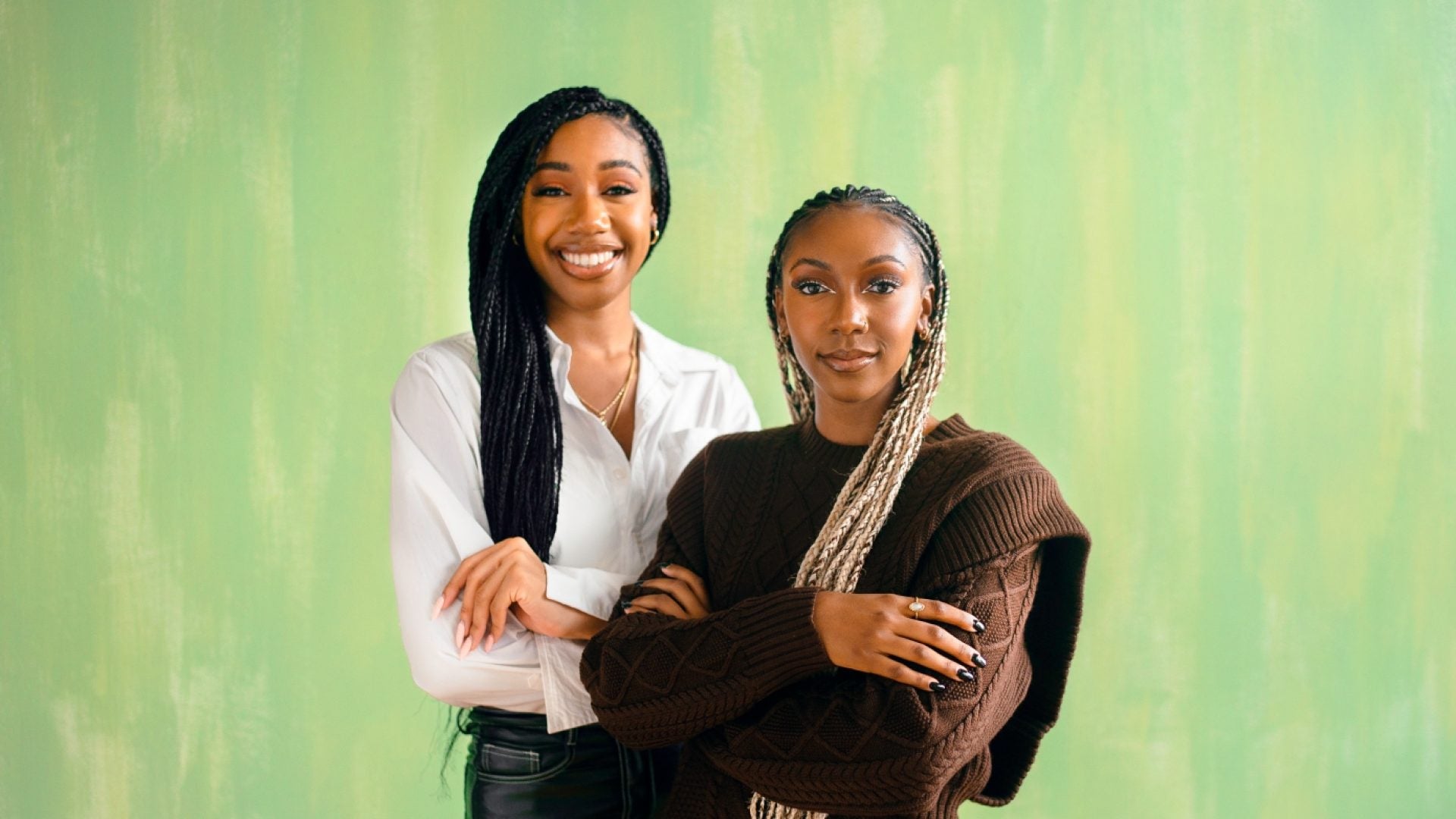
On Monday, plant-based hair extension company Rebundle announced it raised $1.4 million in pre-seed funding. In an interview with TechCrunch, CEO and co-founder Ciara Imani May said prior to the pre-seed funding round, Rebundle had raised “six-figures worth of grant, and other non-dilutive capital,” proving Black girl sustainability never looked better.
The first of its kind, Rebundle creates and sells non-toxic and biodegradable hair extensions. Addressing both the health and environmental disparities in the hair extensions industry, the sustainable beauty brand was created to eliminate plastic synthetic hair waste and as an alternative to combat scalp irritation caused by synthetic material, May told TeenVogue.
Braid Better by Rebundle is the name of the extension line—which uses banana fiber as the core material—offers a variety of colors, including black, blonde, brown, auburn, blue and most recently, pink.
The addition of the color pink, highlights the disproportionate statistics surrounding Black women and breast cancer. Rebundle noted that Black women face disproportionate exposure to breast carcinogens, commonly found in personal care and beauty products. The company explained on their blog, “We’re [Black women] also at the highest risk of severe health impacts from the disease. According to Breast Cancer Prevention Partners (BCPP), the mortality rate for Black women diagnosed with breast cancer is 42% higher than the comparable rate for white women.”
Rebundle also doubles as a recycling service to address environmental injustice. Though paused temporarily, the St. Louis-based company accepts plastic synthetic hair through the mail to sustainably dispose. The collected hair is sorted by type of plastic and down-cycled into shreds for outdoor furniture and lawn and garden tools. According to Rebundle, nearly 30 million pounds of plastic synthetic hair goes into US landfills yearly.
Before the pause, Rebundle had collected 235 pounds of plastic synthetic hair.
May told TechCrunch that the money raised will be used to invest in both her team and her supply chain. Reportedly, the company is building out new production facilities in the United States instead of offshore.
The announcement came just in time for the company’s first birthday.